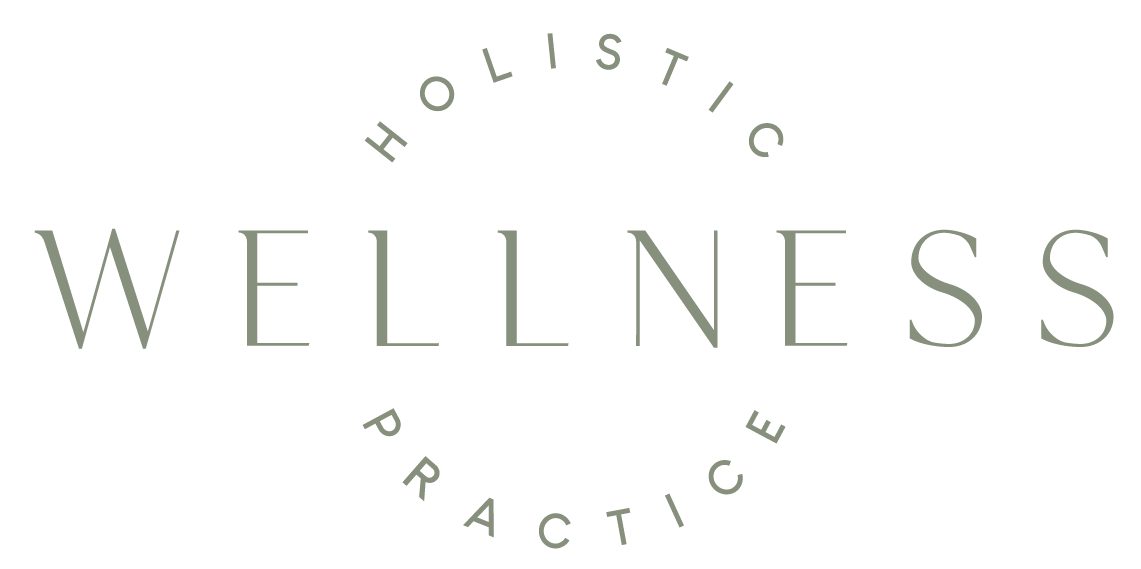Did you know that even some of the most popular and successful athletes and artists have struggled with performance anxiety or stage fright? You’d be surprised to hear names like Barbara Streisand, Rod Stewart, Simone Biles, Rihanna, Michael Phelps, Katy Perry, Bill Russel, and even Ozzy Ozbourne! It can be quite debilitating for some. Describing an encounter with the late guitarist Steve Clark of Def Leppard, lead singer Joe Elliott relayed a story after the band had already had multiplatinum record success, “I remember the night before one tour started. He was trying to smash his knuckles on the sink so he wouldn’t have to play because he was scared to death of getting up on stage. And then we did the gig and he was like, ‘I’m fine.’”
At the end of the day, we’re all human. So, if these superstars can overcome their fears and worries so can you! If you find yourself with moments of self doubt, trepidation, or even outright panic attacks keeping you from performing at your best take heart – you can beat this!
Whether performing in a competitive sporting event, acting, singing, dancing, playing a musical instrument, or giving a business presentation these are all moments when we are the center of attention where all eyes are focused on us. You’ve put in the work through preparation and practice. Now is the time to put all that hard work to use. Still doubts can enter our minds – “What if I screw up?”, “What if I make a mistake?”, “What if I cost us the game or business deal?”, “What if they laugh at me?”, “What if they boo me?”, “What if I let the team down?” The list can go on and on running like a terrible soundtrack in our minds.
So how do we change the narrative here? Look to Positive Psychology to lead the way!
Positive Psychology and Performance Anxiety
PERSEVERE
STEP 1: ENVISION FUTURE MEMORIES OF SUCCESS
One of the clinically proven methods of the solution focused approach built on Hope Theory involves painting a detailed description of what success looks like for you. Ask yourself what you would see happening when your successful performance or presentation is over. That’s right – after the event is over. What do you see? What do you hear? What did you do to make that happen? What else is happening?
Make a list, being as detailed as you can. Hope Theory teaches us that the more time we spend considering our future success the more pathways our brains will make to help us achieve them. When we put our focus on our future success there is little to no room to think about negative outcomes.
Make all of your detailed description about the presence of some element of your positive experience. Rather than state something like, “At the end of the presentation I won’t be embarrassed” rephrase it in positive terms like, “At the end of the presentation I’ll feel proud of my work”.
STEP 2: GLIMPSE YOUR POSITIVE PAST
Another technique from the solutions focused approach uses your past success. Take the time to remember some of your best moments. Walk through those memories one by one. Let your mind recapture the feeling, the sights, the smells, the sounds – everything you can about that moment. Ask yourself what was it about you that made you so effective in that moment. Include both the small and larger victorious moments. All of these are glimpses into your innate ability to win! Within these memories lies your recipe for success!
STEP 3: CHANGING THE SCRIPT
The words we say to ourselves reverberate inside our minds. If the words are full of doubt and negativity the probability of a self-fulfilling prophecy becomes greater. However, when we find ourselves repeating as little as one positive statement the probability of success grows exponentially.
Find one word or phrase that has meaning for you. It can be as simple as a one word reminder to “breathe” or a short sentence fragment like, “I got this.”. For some a line from a favorite song can give them strength in any situation. Find what works for you. Write it down in a place you can reference and then pull it out as a reminder for yourself.
Keep it simple and then repeat this to yourself like a mantra. The positive soundtrack you play in your mind with this mantra will bring you both peace of mind and focus. Focus on your breathing. One good deep breath in and blow can level out your heart rate and regulate your nervous system.
PRE-GAME PREP
With these three steps you can gain mastery over any performing scenario. Yet one other area that can put you in a winning mindset is the time before the game, presentation, or performance. This is a little time for you alone so find a place and a way you can remain uninterrupted by others. Grab your noise canceling headphones and any flavor of music that suits you best. This personal music time can set your mood just right so you are ready to perform! For some, instead of music a period of meditation works wonders to get centered.
Pre-game body prep is key! Eat properly, hydrate, and get proper sleep the night before.
Put things in perspective by connecting briefly with someone who is significant to you – a friend, lover, or family member. Their job is simply to remind you that when all is said and done and the game, concert, or presentation is over that they’re going to love you just the same as before the event. With that knowledge in your mind and firmly seated in your heart you can go about the performance with confidence.
SHOWTIME
Performance and sport anxiety are more common than you know and impact 30 to 60% of all players. So if you find yourself off your game know that you are not alone and by using these steps you can find your way back to personal greatness.
If you’re ready to dive deeper the team at Holistic Wellness Practice have training in solution focused positive psychology, cognitive behavioral therapy, and mindfulness training that can help you gain mastery over any form of anxiety you may be experiencing.
References
- The Solution-Focused Approach in Sport Psychology (Hoigaard & Johansen, 2004)
- Doing Sport Psychology Briefly – A Critical Review of Single Session Therapeutic Approaches and Their Relevance to Sport Psychology (Pitt, 2015)
- Anxiety and Performance in Sex, Sport, and Stage (Rowland, 2019)
- The Psychology of Music Performance Anxiety (Kenny, 2011)
Book Recommendations:
- Mindfulness and Sport Psychology for Athletes:: Awareness Is Your Most Important Mental Tool by Kristine M. Eiring PhD and Colleen M. Hathaway DC
- Confident, Calm, & Clutch: How to Build Confidence and Mental Toughness for Young Athletes Using Sports Psychology (Mental Strength Books For Teens and Their Parents) by Valerie R Alston
- Performance Anxiety – A Workbook for Actors, Singers, Dancers and Anyone Who Performs in Public by Eric Maisel, PhD
Morgan is a psychotherapist who specializes in working with clients to triumph over trauma, depression, suicidal ideation, anxiety, LGBTQI+ issues, couples, and stress. On weekends you can find him in his happy place tuning and racing cars at Road Atlanta.
We offer in-person and virtual services – contact us today to learn more!








